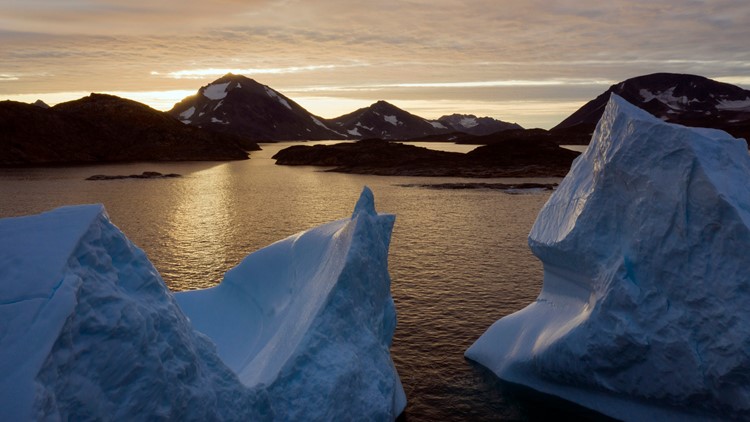MADRID, Spain — The chair of a two-week climate summit attended by nearly 200 countries warned at its opening Monday that those refusing to adjust to the planet’s rising temperatures “will be on the wrong side of history.”
Chile’s environment minister, Carolina Schmidt, said that the Dec. 2-13 meeting in Madrid needs to lay the groundwork for moving toward carbon neutral economies while being sensitive to the poorest and those most vulnerable to rising temperatures — something that policymakers have termed “just transition.”
“Those who don't want to see it will be on the wrong side of history,” she said, calling on governments to make more ambitious pledges to reduce emissions of greenhouse gases ahead of a deadline to do so next year.
The summit, which moved to the Spanish capital after Chile had to pull out amid anti-government protests, aims to put the finishing touches to the rules governing the 2015 Paris accord.
That involves creating a functioning international emissions-trading system and compensating poor countries for losses they suffer from rising sea levels and other consequences of climate change.
“We have a common challenge but with differentiated needs and urgencies, which we can only overcome if we work together,” said Schmidt as her country took over the chairing of the meeting from Poland.
Countries agreed in Paris four years ago to limit global warming to well below 2 degrees Celsius (3.6 Fahrenheit), ideally 1.5C (2.7F) by the end of the century compared with pre-industrial times. Already, average temperatures have increased by about 1C, leaving little room for the more ambitious target to be met.
U.N. Secretary-General Antonio Guterres has warned that pledges to reduce emissions of gases responsible for rising temperatures are so far are insufficient to overcome the “point of no return” in climate change.
“What is lacking is political will,” Guterres told reporters on the eve of the COP25 meeting.
Organizers expect around 29,000 visitors to the meeting, including around 50 heads of state and government for Monday’s opening session.
Except for the European Union’s newly sworn-in leadership, which was due to begin a five-year term by paying a visit to the summit, the rest of the world’s largest carbon emitters — the United States, China and India — are sending ministerial or lower-level officials to the meeting.



